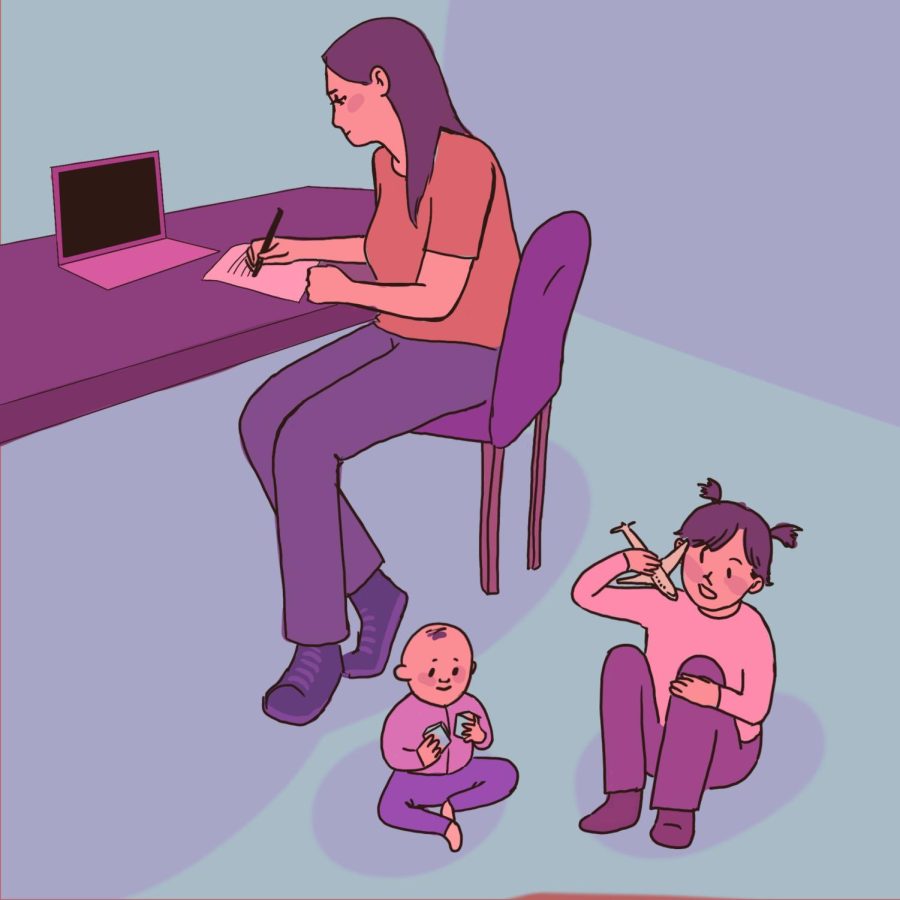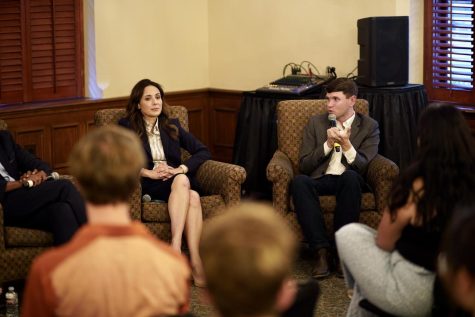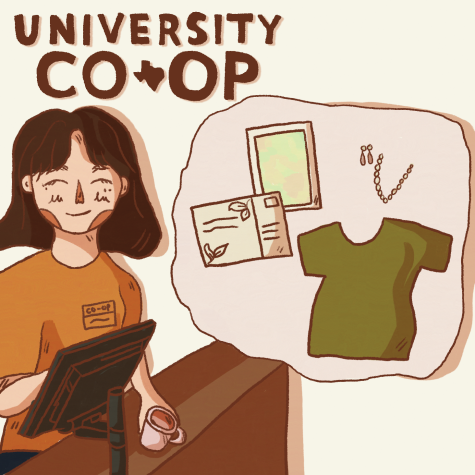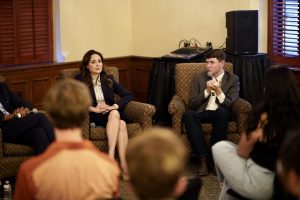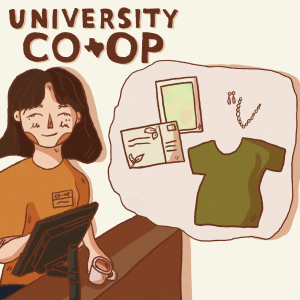Student government passes legislation for Nontraditional Student Center
October 18, 2022
UT student government passed legislation on Oct. 4 to establish the Nontraditional Student Center on campus, providing a promise of community and connection on campus for nontraditional students.
Nontraditional students is a broad term that includes students over 24, student parents, veterans, commuting students, transfer students and students who are financially independent, said biology junior Lacie Levy, who helped develop the legislation for the Center and presented it to student government.
“It comes down to, is your lived experience different than what so much of UT is designed for?” Levy said.
Levy said the University is generally geared towards traditional students, who she identifies as individuals 18-22 years old and entering UT from high school. She said she wants the Center to create a space for nontraditional students within the larger UT community by “normalizing this idea that you don’t have to be 18 to go to school.”
Levy said she started at the University when she was 30, going back to school to get a second degree in addition to her economics degree she received when she went to college directly after high school. She is president of New Wave Longhorns, a student organization that provides community and services to nontraditional students.
Through New Wave, Levy said she gathered feedback from other nontraditional students on the legislation for the center.
“These are nontraditional students that are saying things like, ‘I feel so isolated on campus. I want a space where I can meet other students,’” Levy said.
Bethany Coplan, a 28-year-old biology junior who is also a single mother with a job, said it can be hard to connect with younger students because they don’t share the same values and experiences.
“It’s kind of weird being older around a bunch of younger students,” Coplan said. “It’s very difficult to describe, but I feel a little bit out of place.”
Coplan said she hopes the Center will act as “a space on campus where I can actually connect with students who are in my same boat.”
Levy said it is important for the Center to be centrally located on campus. She said other nontraditional students told her they wanted a place that is age-inclusive and child-friendly where they can support each other.
The legislation received an “overwhelmingly positive reception” within student government, said student government president Leland Murphy.
“It’s good for students who do come from nontraditional backgrounds to have a space where they can get connected with resources (and) other nontraditional students and just have that bonding space,” Murphy said.
Currently, the plans for the Center only include its vision, but now that the legislation has passed, Murphy said the focus will turn to figuring out the logistics of the Center, such as where the space can be and where funding will come from.
Rebecca Manley, a 28-year-old linguistics junior, said she would like to see the Center used to benefit not only nontraditional students, but also UT as a whole.
“A lot of us have a whole career skill set coming in that just gets wiped out,” Manley said. “I think that we have a lot more to offer that the school can take advantage of.”

